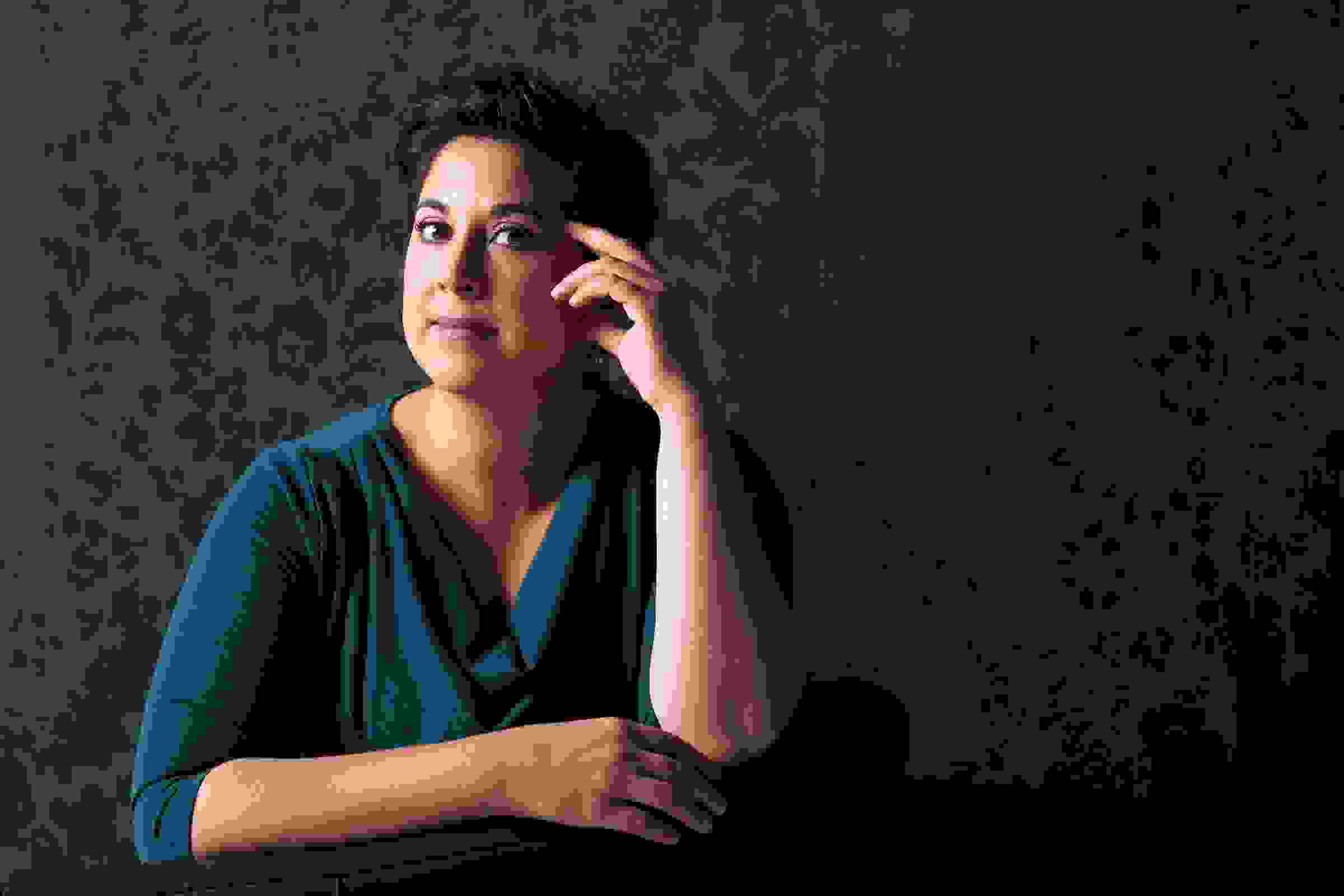My First Opera: Kamala Sankaram

Opera was not part of my life when I was a kid. I grew up in a town named Ramona, an hour inland from San Diego. It had just one radio station. It was called COW-FM and it played country music. We listened to Indian classical music, which is of course very different. My mom liked Western classical music, but the closest she came to opera was Beethoven’s Ninth, which my sister called the “People Shouting Tape.”
I studied the piano, and I accompanied the school musical in elementary school. It wasn’t very complicated: a boogie-woogie. But it was my first exposure to musical storytelling, and I got bitten by the bug. A couple of years ago, I learned my school had done away with their music program, which made me sad — without the public school system, I wouldn’t have found my way into music.
I sang in choir in high school and took lessons from the only voice teacher in town. She had us sing the 24 Italian Songs and Arias, which was my first inkling of what a classical voice could do. I was also a musical-theater nut, especially Sondheim. I didn’t think Phantom of the Opera was really an opera, but I loved the high notes. Then by chance, I stumbled across the Bergman movie of The Magic Flute on TV, and found it completely enchanting.
I got the Renée Fleming recording of Rusalka around the time I came east to go to Sarah Lawrence. I became obsessed with it, especially the Song to the Moon. My first live opera was Rigoletto at the Met. I had heard “Caro nome,” and I wanted to see the whole opera. I was amazed at how much of the music I knew already — it wasn’t something completely unfamiliar.
I studied composition in college, but took a break from it when I started singing professionally. I gravitated toward new music, rather than the “ina” and “etta” roles that, as a high soprano, I would have sung in opera: “perky” was not really my personality. I found a lot of composers I was working with, though, didn’t really like the classical voice, and I had to drain a lot of vibrato out of my sound, which took the expressivity out. It was the age of irony; it wasn’t admissible to show your emotions. I admit that in the debate over whether music needs to be emotional, I err on the side of being interested in emotion. That’s one reason I started writing my own music.
The things I had written in college were little chamber pieces. I never imaged I’d write an opera — it seemed too big and too foreign, and nobody was writing opera back then. But as a performer, I toured for two years with the Wooster Group, where we did a mash-up of Cavalli’s La Didone with music from a Mario Bava zombie movie. It was great, because it made me think about how the classical style of singing could be used in an avant-garde way.
When I started writing again, I gravitated toward narrative. I started a band, and we’d perform song cycles with videos: a choose-your-own-adventure kind of thing, where the audience would vote on the ending they wanted. My friend Corey Dargel suggested I apply for a residency at HERE Arts Center, and I got it. That’s where I wrote Miranda. Like many first operas, it was episodic in structure. It mixed classical singing with other kinds of singing. But I realized that this was something I needed to keep doing. And I have!
Kamala Sankaram's Taking Up Serpents will have its world premiere in January at Washington National Opera.
This article was published in the Summer 2018 issue of Opera America Magazine.





